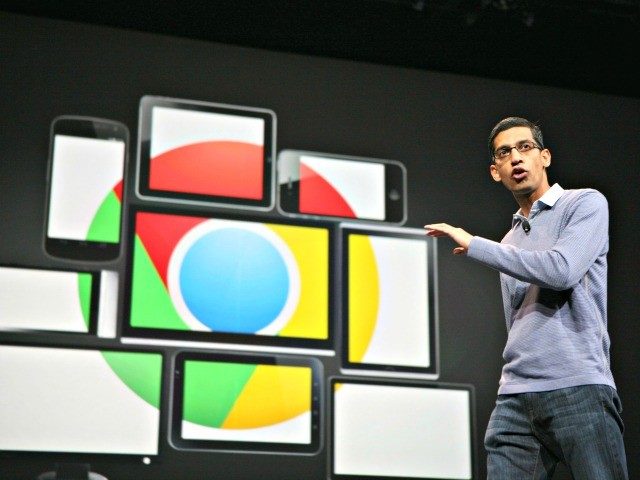Google says that it has fixed a major Chrome OS bug introduced in a recent update that completely locked users out of their devices. In tech lingo, the devices were “bricked” by a simple typo, and Google’s fix could take “a few days” to reach consumers.
Ars Technica reports that Google has posted a bulletin stating that it has fixed a major Chrome OS bug that locked users out of their devices this week. The Chrome OS version 91.0.4472.165 was briefly available this week and prevented users from logging into their devices whatsoever, essentially bricking them. The bug is reportedly a single-character typo in the update, making devices completely unusable.
Chrome OS automatically downloads updates and switches to the new version after a reboot, so any users who rebooted their devices found them suddenly locked out. The Google bulleting says that a new build, version 91.0.4472.167, is now rolling out to fix the issue but could take “a few days” to reach all Chrome OS users.
Users affected by the recent update can either wait for the new update to roll out or “powerwash” their device which means wiping all local data. ChromeOS is primarily a cloud-based operating system so this is likely a feasible option for many users.
Ars Technica writes:
ChromeOS is open source, so we can get a bit more detail about the fix thanks to Android Police hunting down a Reddit comment from user elitist_ferret. The problem apparently boils down to a single-character typo. Google flubbed a conditional statement in Chrome OS’s Cryptohome VaultKeyset, the part of the OS that holds user encryption keys. The line should read “if (key_data_.has_value() && !key_data_->label().empty()) {” but instead of “&&”—the C++ version of the “AND” operator—the bad update used a single ampersand, breaking the second half of the conditional statement.
It sounds like, because of this error, Chrome OS never properly checked user passwords against the stored keys, so even correct passwords came back with a message saying, “Sorry, your password could not be verified.”
Read more at Ars Technica here.
Lucas Nolan is a reporter for Breitbart News covering issues of free speech and online censorship. Follow him on Twitter @LucasNolan or contact via secure email at the address lucasnolan@protonmail.com

COMMENTS
Please let us know if you're having issues with commenting.